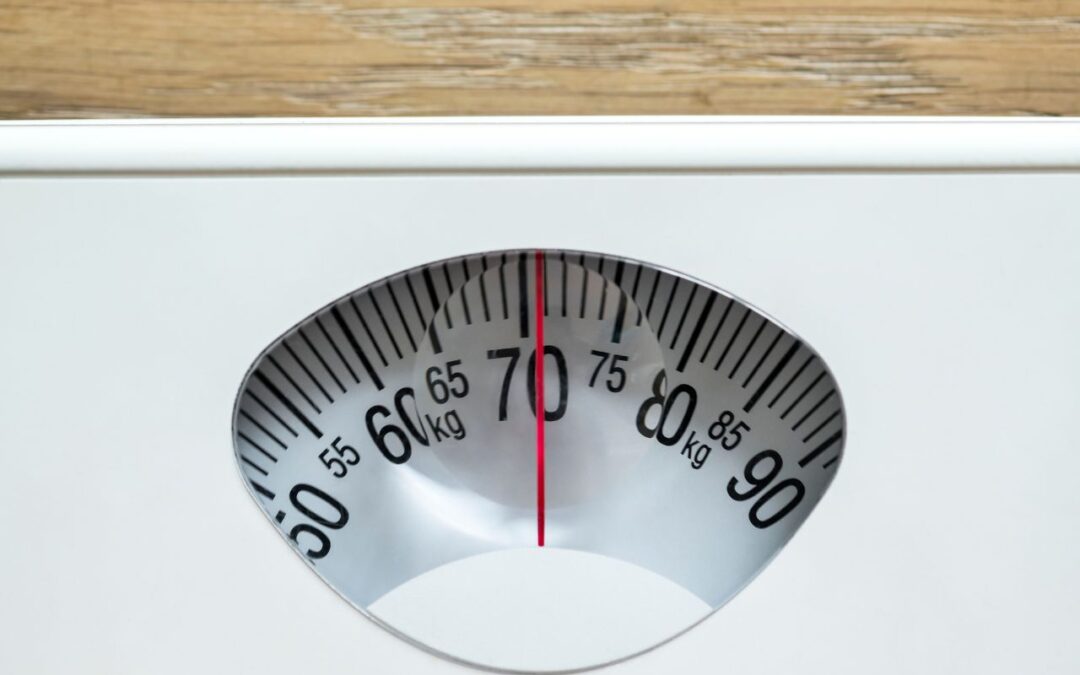There are various reasons why it can be helpful – and in some cases, essential – to know how to quickly and accurately convert a particular weight reading from one unit to another.
Many commonly used weight units exist around the globe, ranging from kilograms and pounds to ounces and grams.
Certain units tend to be used more frequently in some parts of the world than in others, as in the case of kilograms where metric systems are the standard, and pounds wherever imperial systems are favoured.
In What Situations Might You Need to Convert Between Weight Units?
There are many contexts in day-to-day life in which you might appreciate being able to easily switch from one unit of weight to another.
Examples of these include when you are attempting to follow a recipe, or when you are assessing whether the weight of a product stated on an ecommerce site matches your requirements.
That’s before we even touch on the immense importance of accurate weight unit conversions in the engineering field, given the technical and safety-critical nature of this work.
Engineers converting weight units with the utmost precision is crucial in relation to design and material specifications, for example. Any conversion errors between units – such as from kilograms to pounds – could lead to incorrect material selection and/or a higher risk of structural failure.
How Can You Do Quick and Straightforward Weight Unit Conversions?
Given that you’re probably reading this article online, you might be thinking to yourself: surely, there are dedicated calculators that could enable you to rapidly convert between units, such as from pounds to ounces, or from micrograms to grams?
The short answer to that question is: yes, there are. To cite just one option, if you point your web browser towards the website of electrical component supplier RS, you will find a handy weight unit conversion calculator for everyday use.
The Key Formulas for Weight Unit Conversions
Notwithstanding the above, this would be a very short article if we were to say, “just use a calculator”.
In any case, it can be a very good idea to familiarise yourself with the relevant conversion formulas. These can be helpful for verifying whatever results your chosen online weight unit converter gives you, as well as understanding the relationships between different weight units.
Here, then, are some of the most important conversion formulas to be aware of:
- To convert kilograms to pounds, use kg x 2.20462
- To convert pounds to kilograms, use lb x 0.453592
- To convert kilograms to grams, use kg x 1000
- To convert grams to kilograms, use g / 1000
- To convert pounds to ounces, use lb x 16
- To convert ounces to pounds, use oz / 16
- To convert ounces to grams, use oz x 28.3495
- To convert grams to ounces, use g / 28.3495
So, to give an example, if you wished to convert 5 kilograms to pounds (lb), you would use the formula 5 x 2.20462, which would work out as 11.0231 pounds (or 11.02lb, if we’re rounding to two decimal places). Or if a conversion of 500 grams to ounces (oz) was needed, the relevant calculation would be 500 / 28.3495 = 17.6369954 ounces (or 17.64 oz).
A Few More Things to Bear in Mind
Whenever you’re trying to convert from one unit of weight to another, don’t forget to double-check that you’re converting to the correct unit. Many people get pounds and ounces confused, for instance. The SI unit of mass is kilogram(kg).
Also take some time to consider whether your intended application will require the very highest level of accuracy, or whether simpler numbers will suffice when you’re just trying to make a quick estimate of something.
You may, for example, decide to memorise 1kg as being approximately the same as 2.2lb, rather than the 2.20462lb that would be the more accurate conversion.
As a takeaway, here are some of the commonly used weight units and the relationships between them:
- 1 kilogram (kg) = 1000 grams (g) = 2.20462 pounds (lb) ≈ 35.27396 ounces (oz)
- 1 pound (lb) = 0.453592 kilograms (kg) = 16 ounces (oz) = 453.592 grams (g)
- 1 ounce (oz) = 0.0283495 kilograms (kg) = 28.3495 grams (g) = 0.0625 pounds (lb)
- 1 gram (g) = 0.001 kilograms (kg) = 0.00220462 pounds (lb) ≈ 0.03527396 ounces (oz)






